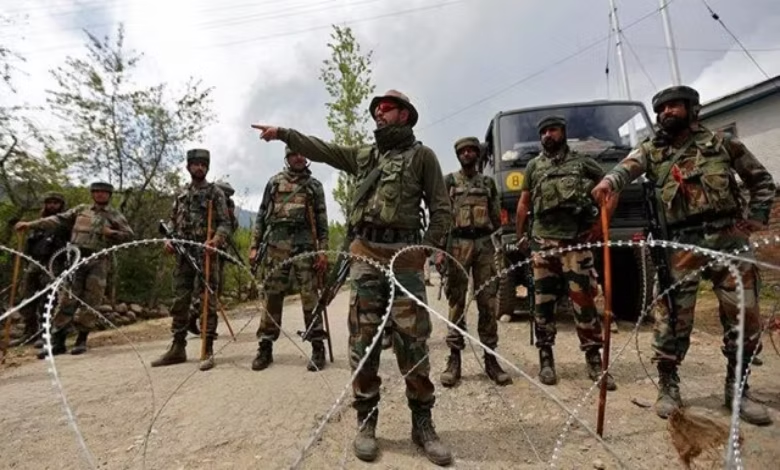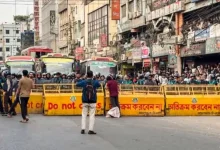Days before Pahalgam massacre, there was intel alert of attack on tourists: top official

Days before the devastating terror attack in Pahalgam that claimed 26 lives, intelligence agencies had warned of a potential strike targeting tourists in Jammu and Kashmir. The alert specifically highlighted hotels on the outskirts of Srinagar, near the Zabarwan range, as possible targets, prompting heightened security measures in the area.
According to officials familiar with the matter, the Jammu and Kashmir Police, alongside other security agencies, had received advance intelligence indicating a possible attack on tourists staying in hotels around Srinagar, including those near Dal Lake and the Mughal Gardens. In response, security was bolstered in the Zabarwan foothills, with the Director General of Police and other senior officers stationed in the Valley to oversee operations. “The police leadership was actively engaged in the region in the days leading up to the attack.
Despite these precautions, the attack occurred in Pahalgam’s Baisaran meadow on April 22, where 26 people, mostly tourists, were killed. The official noted that security agencies had anticipated an attack in Srinagar, particularly in south Kashmir, where civilian-targeted violence has historically been more frequent. “The focus was on hotels on Srinagar’s outskirts, as that’s where we thought the threat was concentrated,” the official said.
Investigations into the attack have revealed that four terrorists were involved, including two locals from south Kashmir and two suspected Pakistani nationals. The local terrorists blended in with tourists before the assault, guiding them to a food court where the other two opened fire at close range. Authorities confirmed the identities of the south Kashmir suspects after cross-referencing records of individuals who had traveled to Pakistan via the Attari border. While the two had legally crossed into Pakistan, there was no record of their return, leading officials to suspect they re-entered India through the Kathua border in Jammu.
The official also suggested that the terrorists had been in the Baisaran area for four to five days prior to the attack, indicating possible local support. “Such an operation would have been difficult without assistance from some individuals in the area,” the official stated.
The National Investigation Agency (NIA) has taken over the probe, questioning approximately 100 locals to uncover further details about the attack. The incident has raised concerns about security lapses, as the intelligence alert did not prevent the tragedy, underscoring the challenges of protecting tourist-heavy regions in the Valley.




